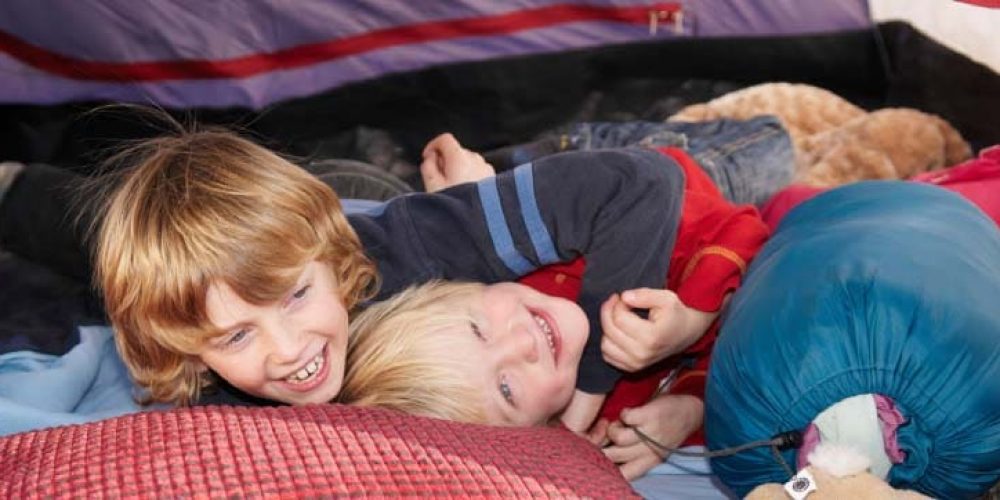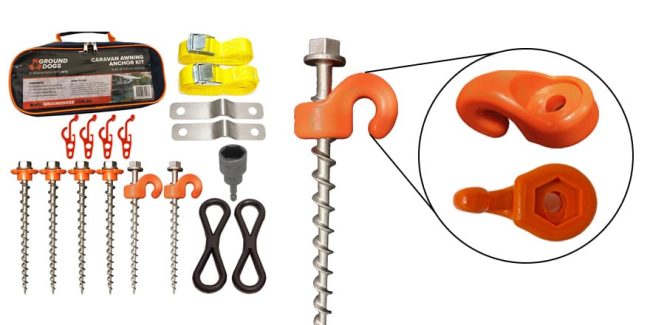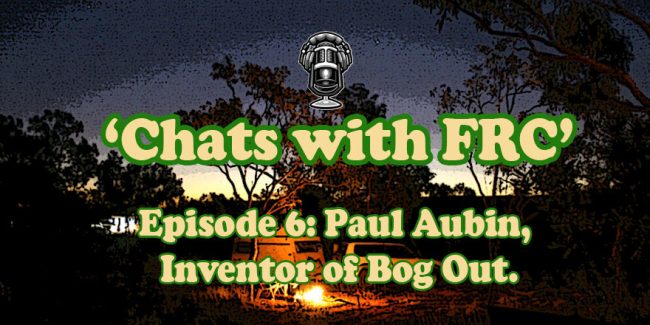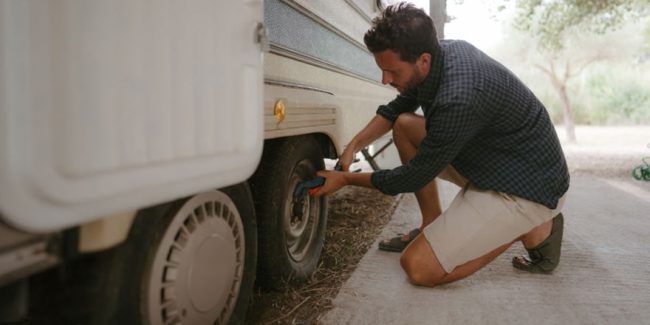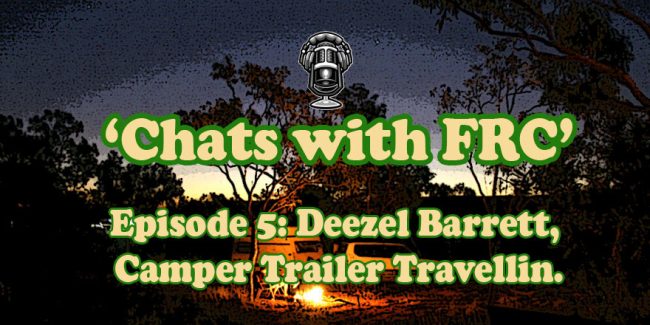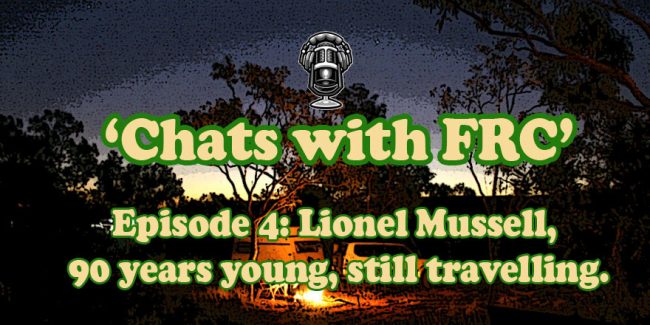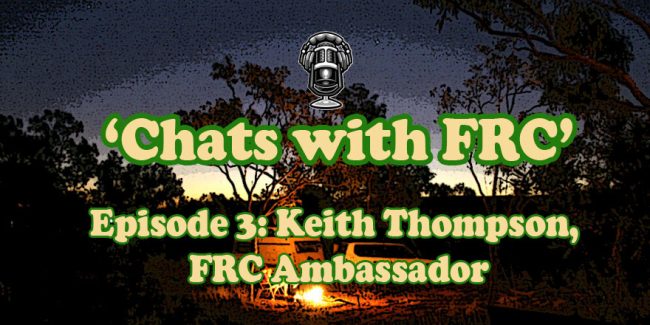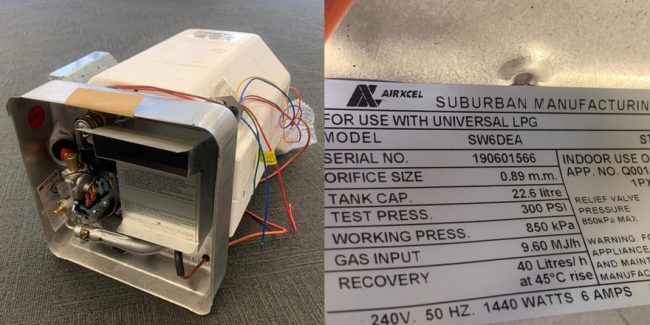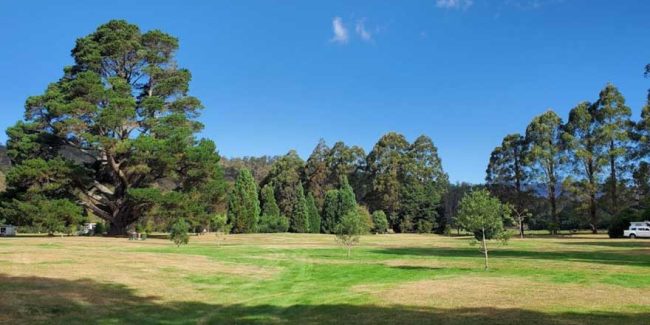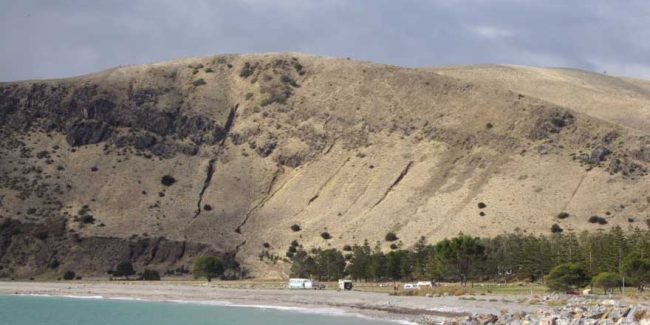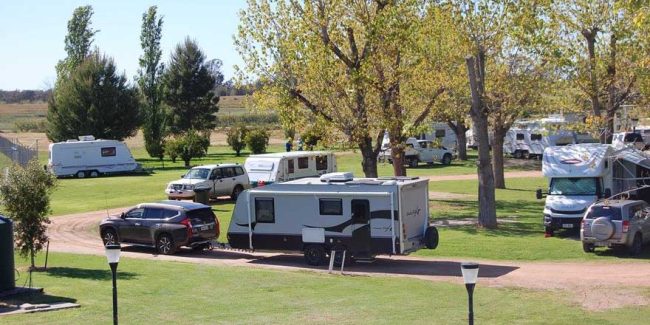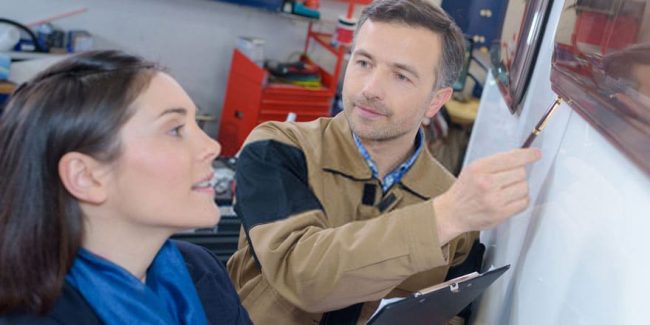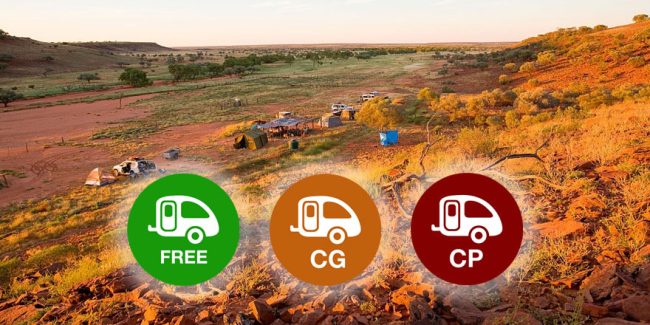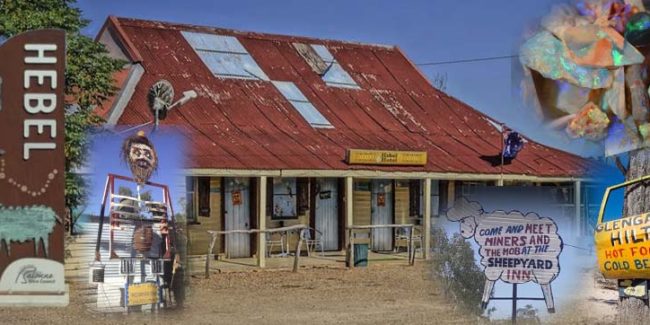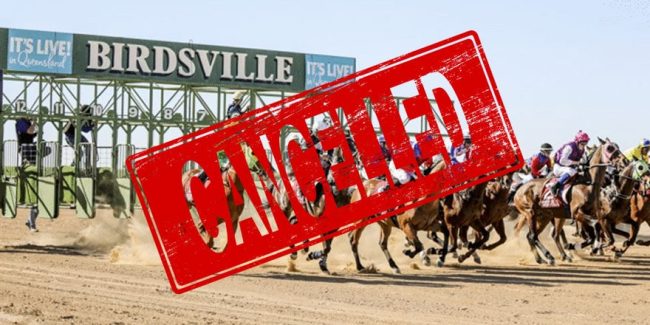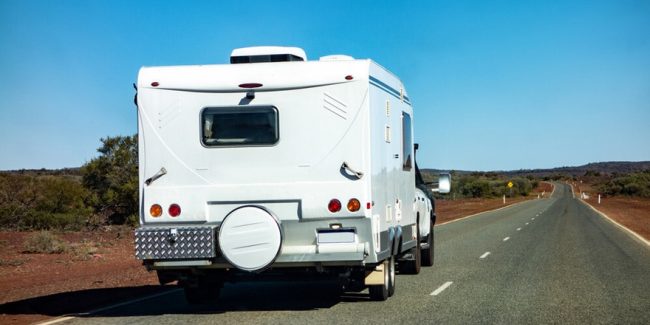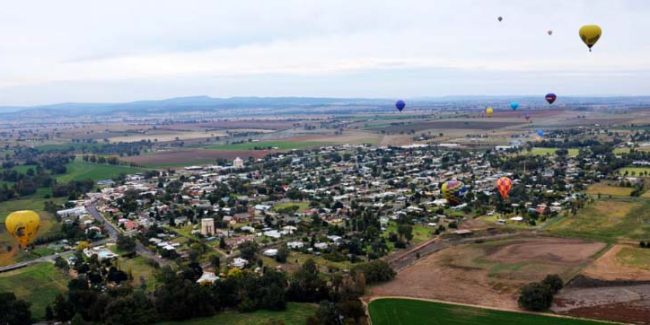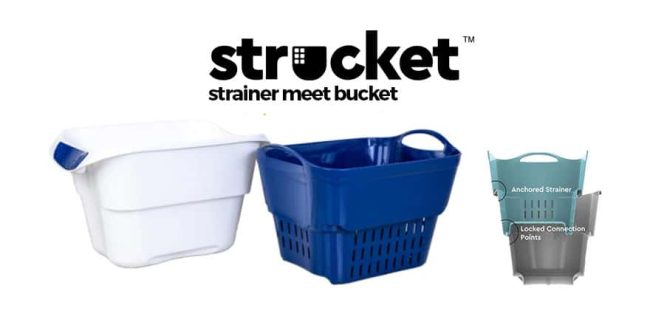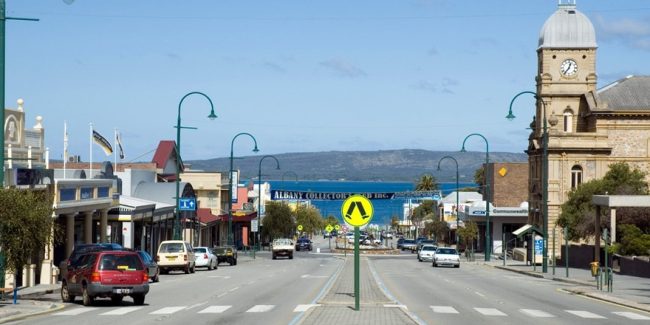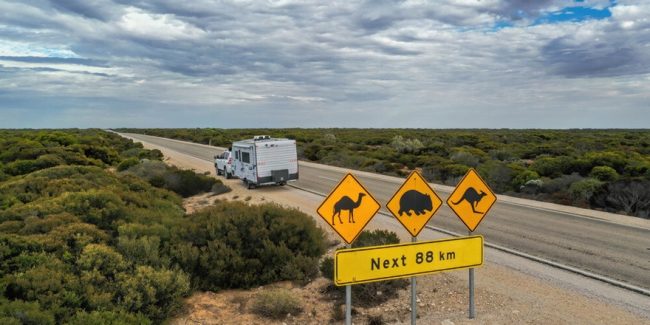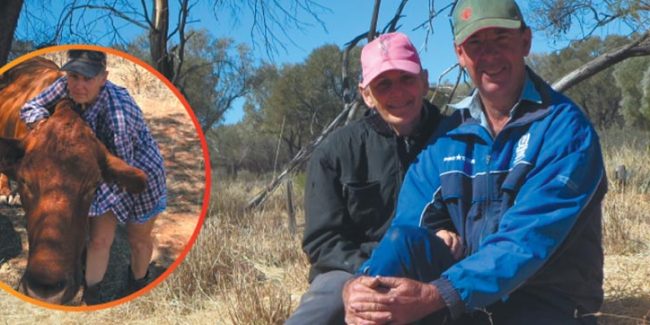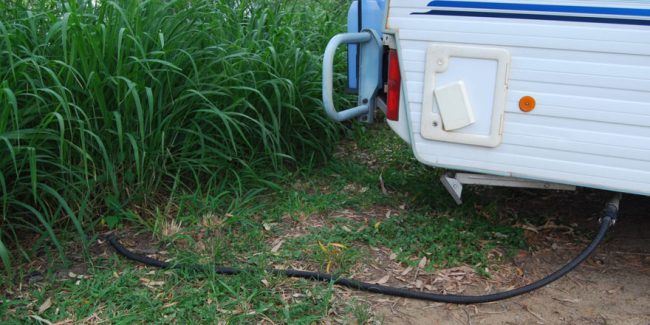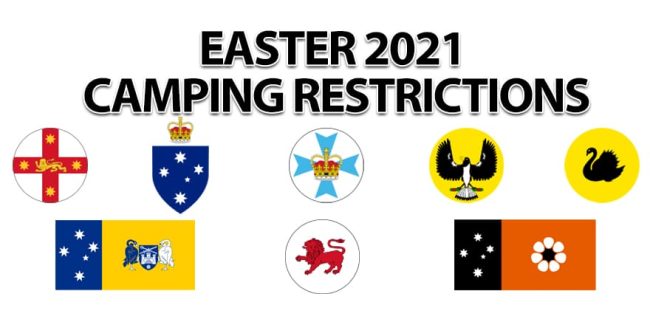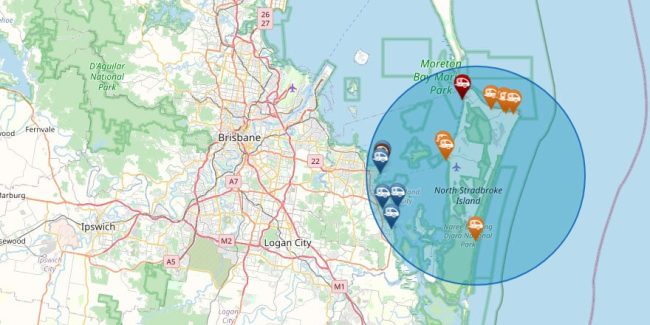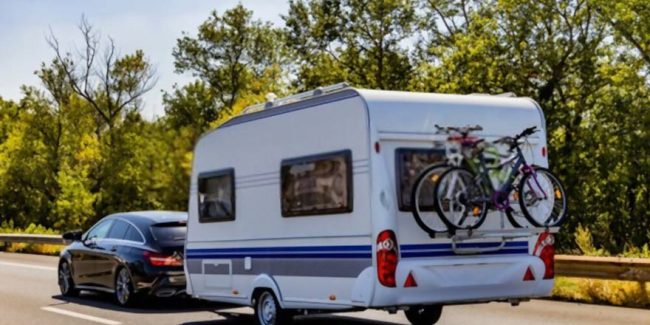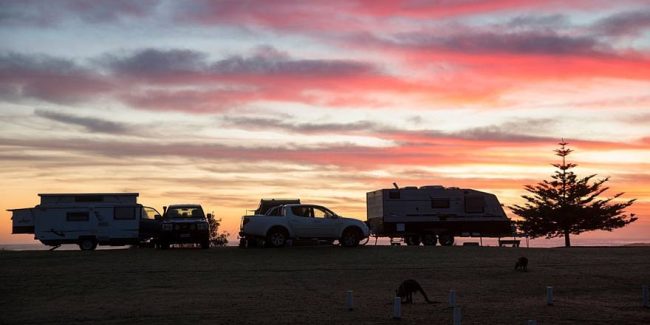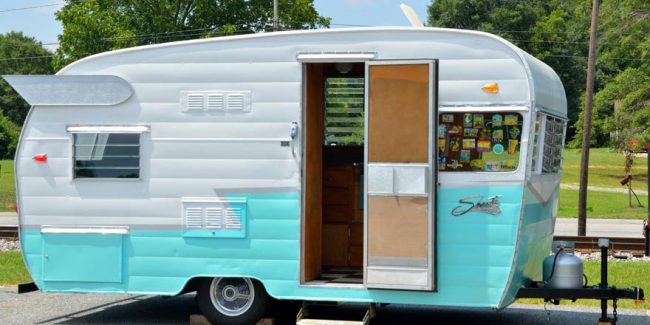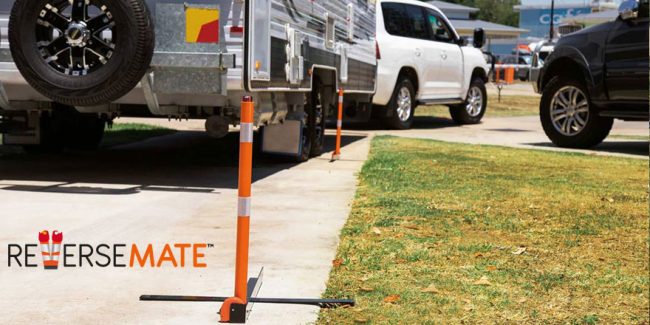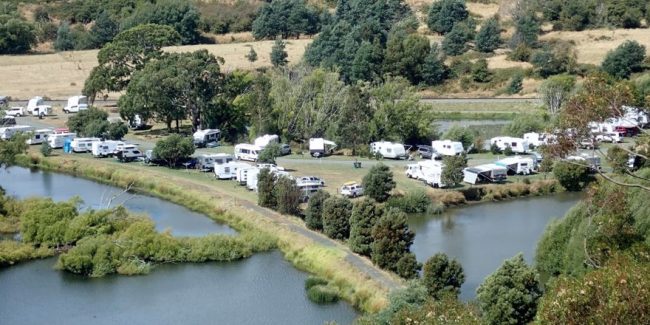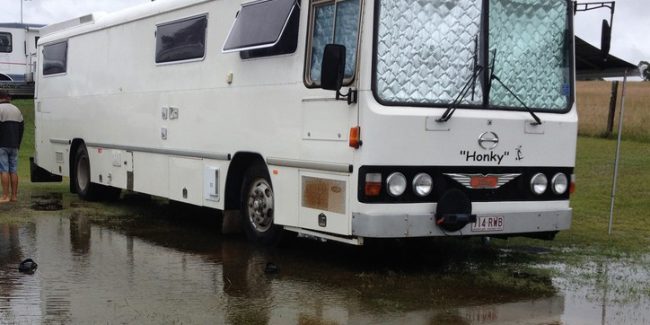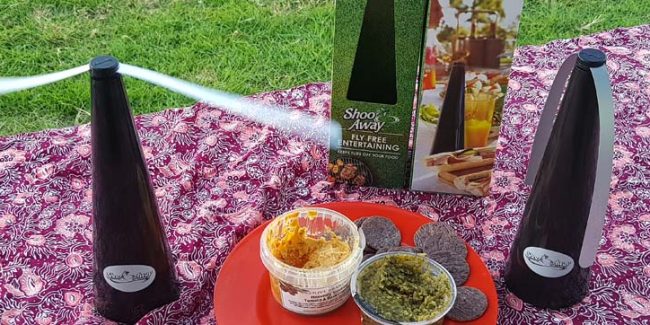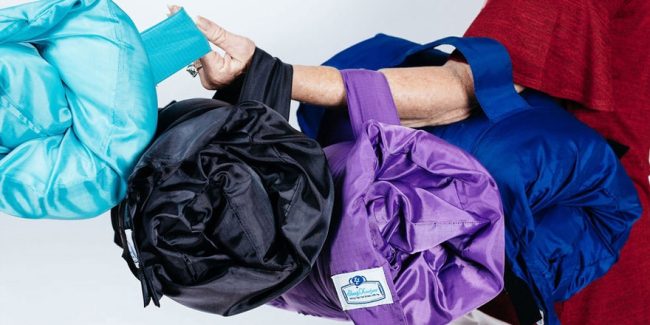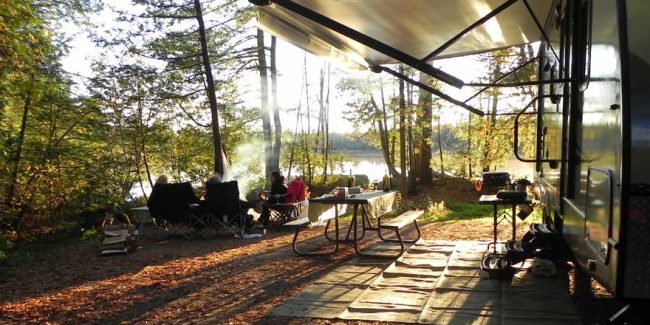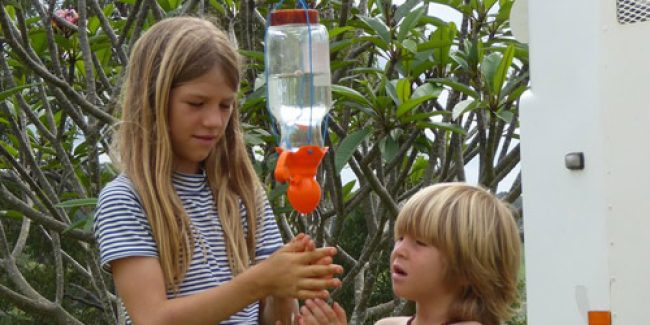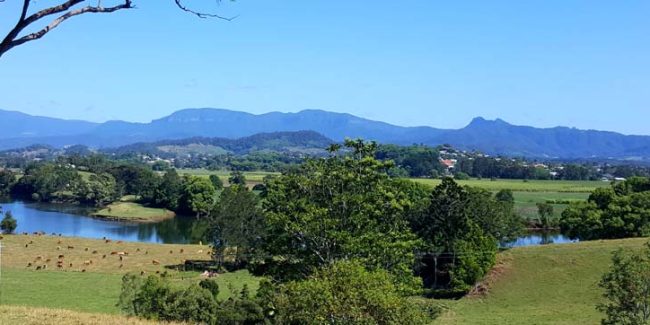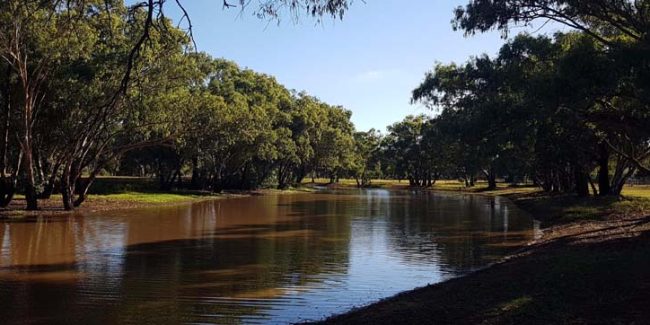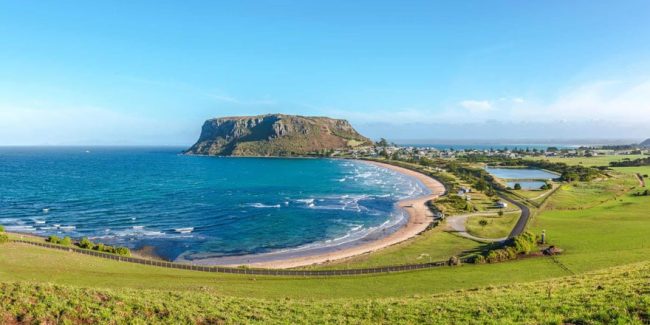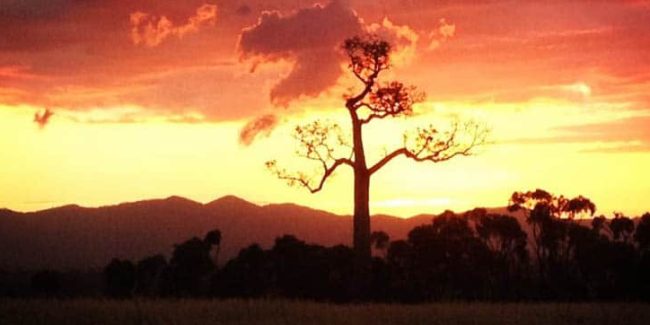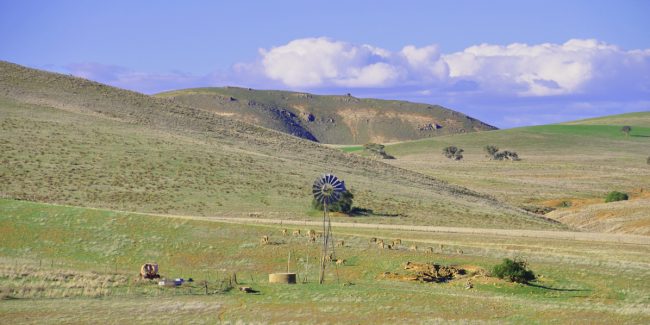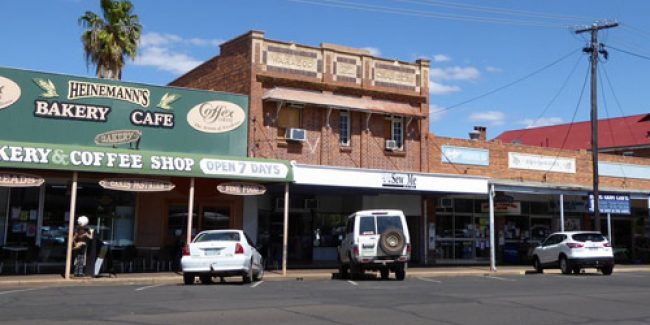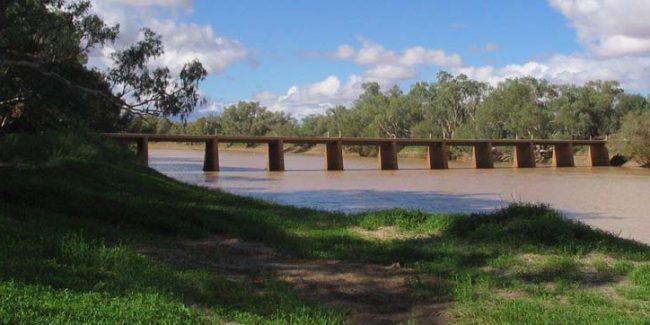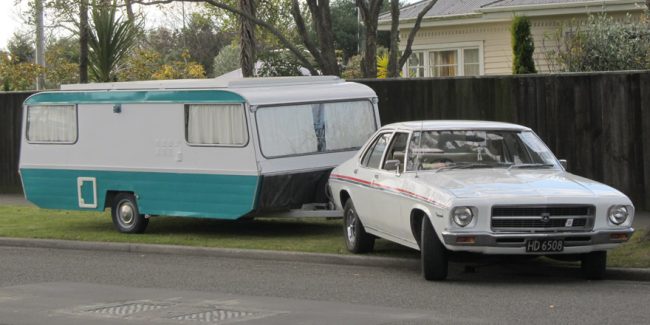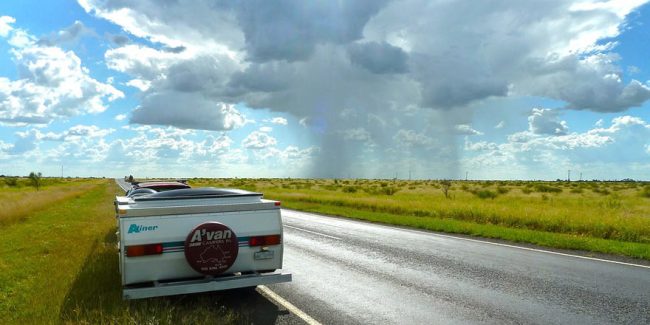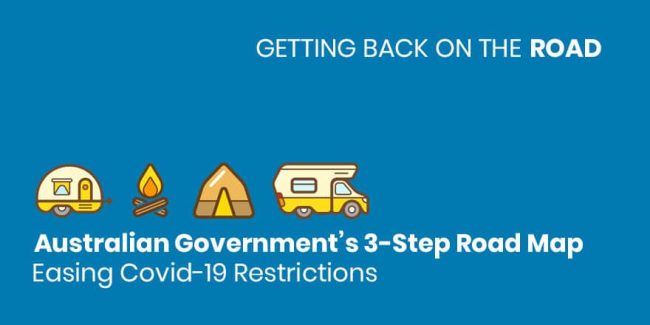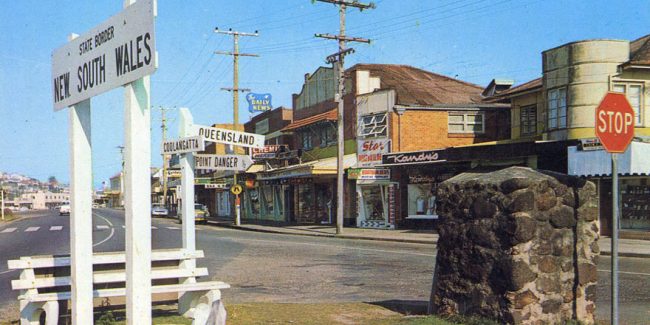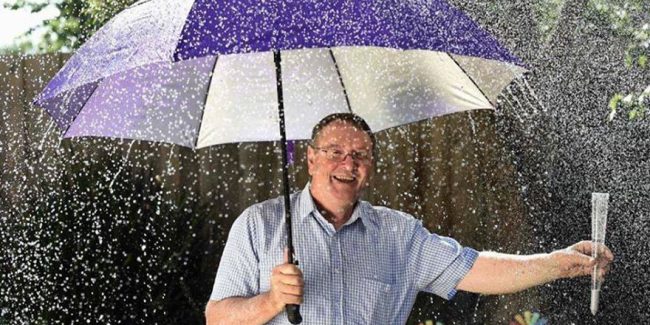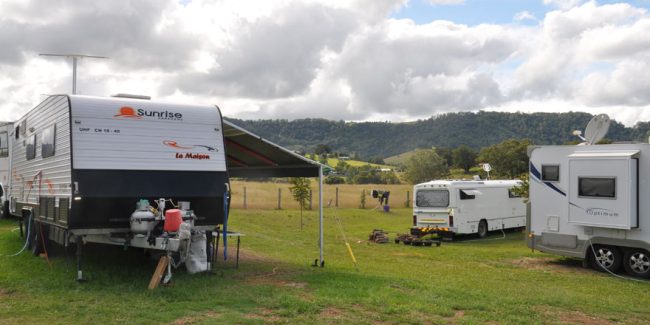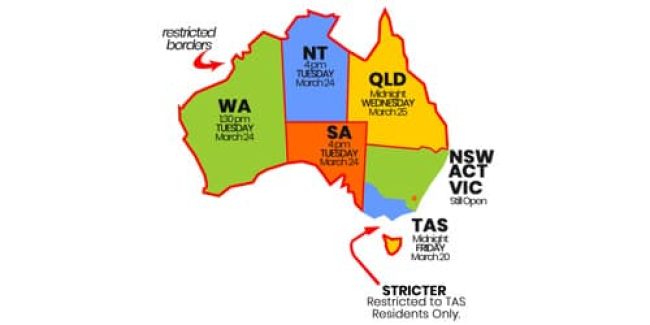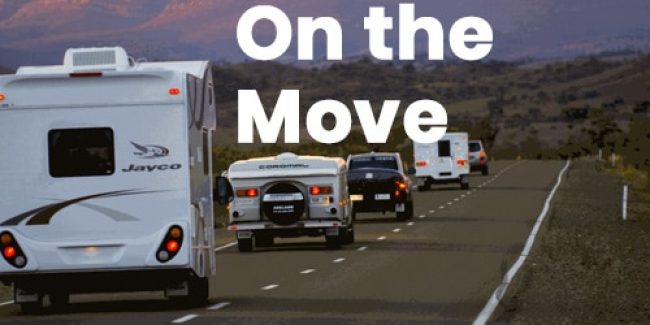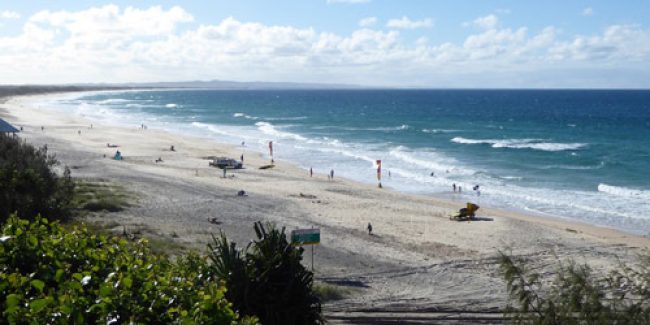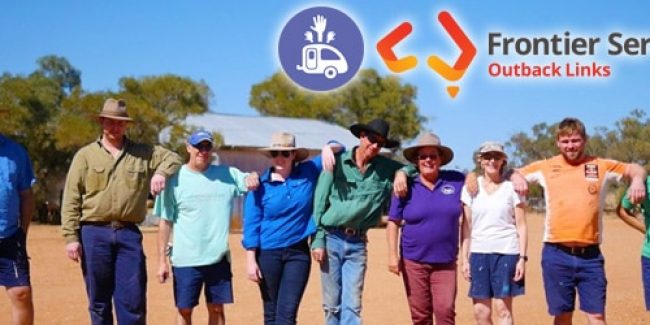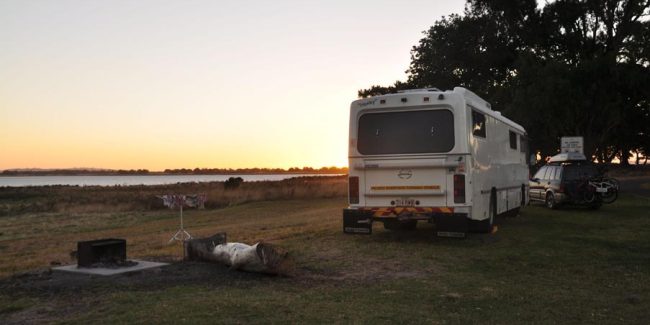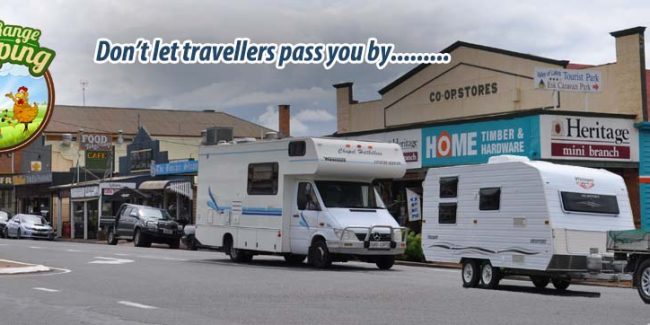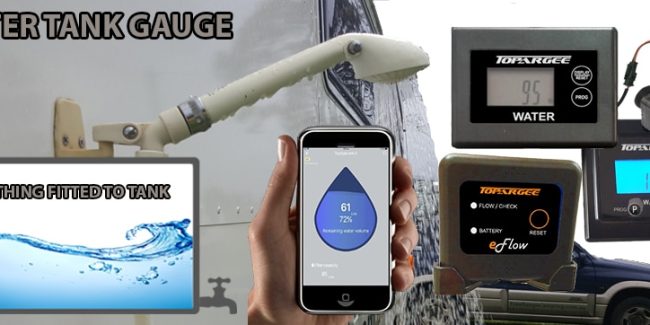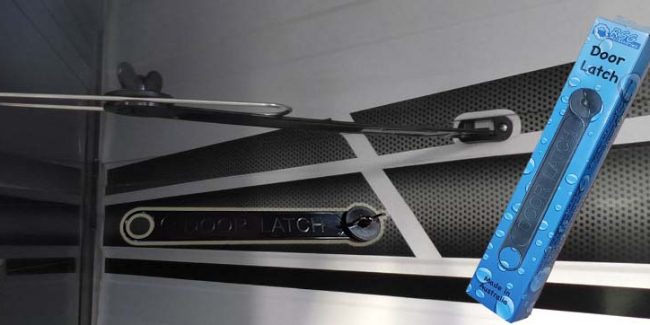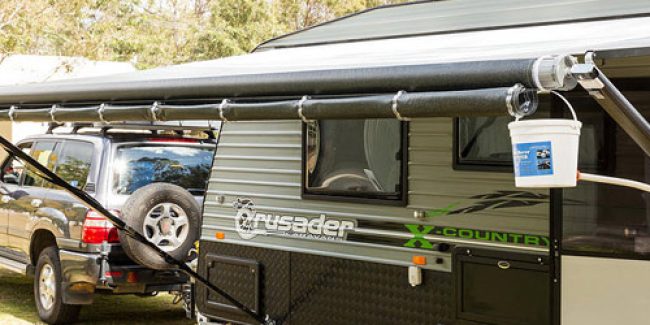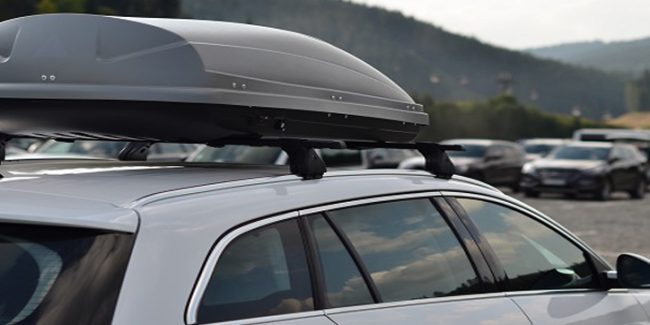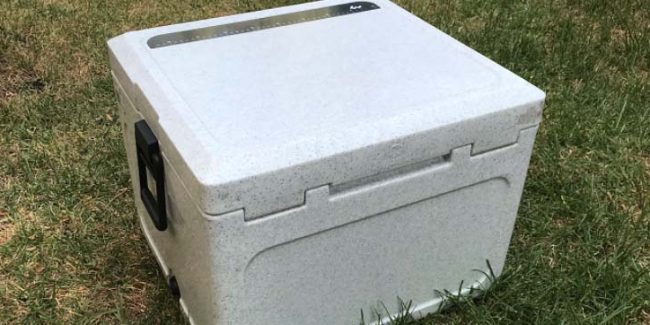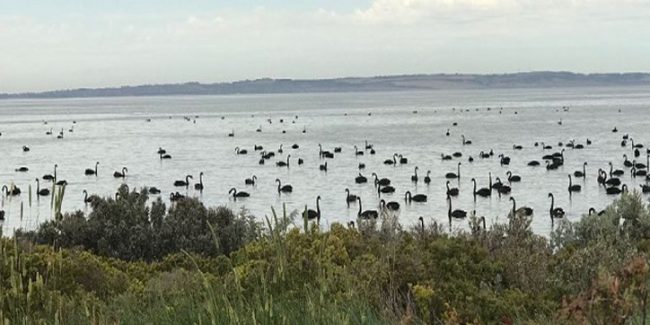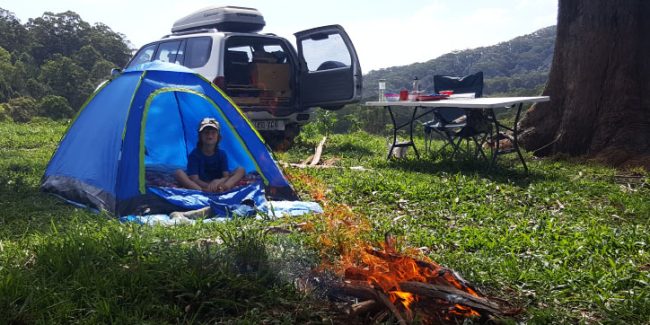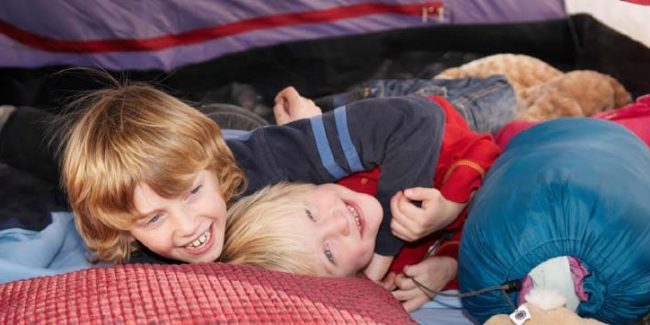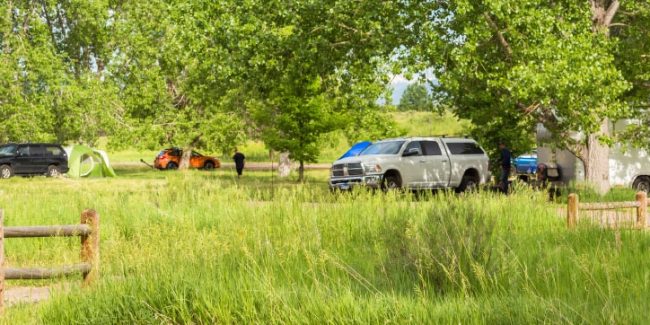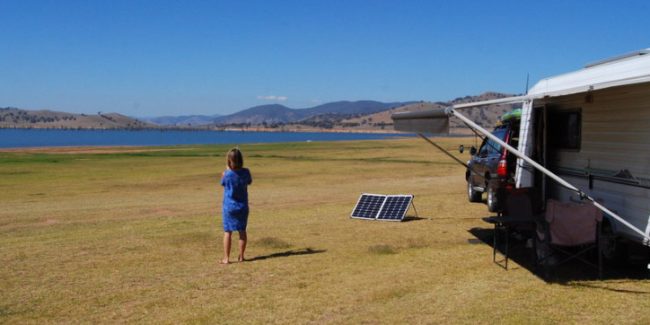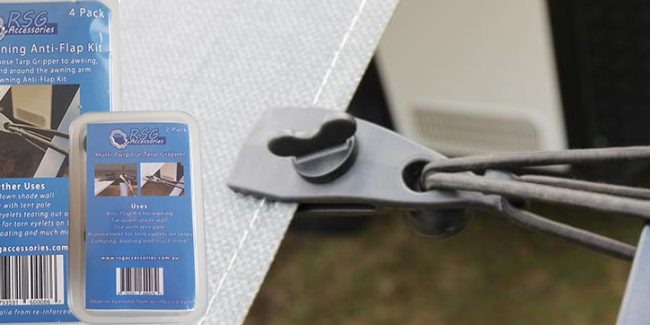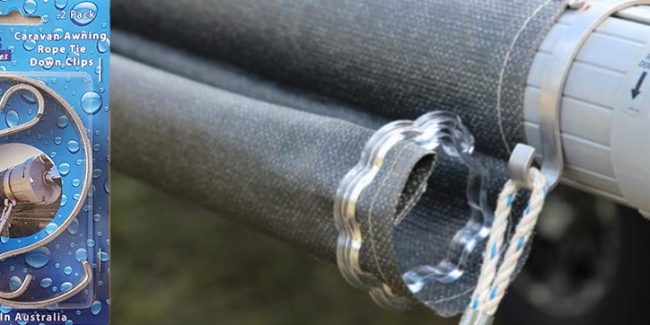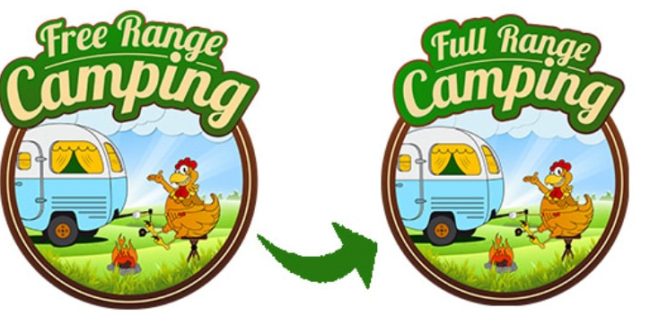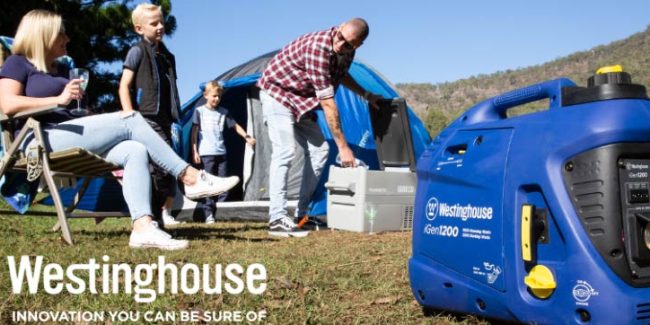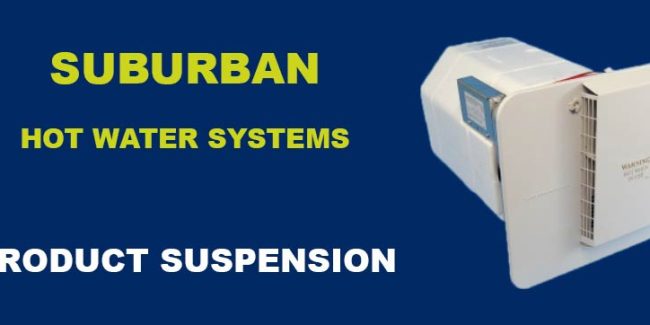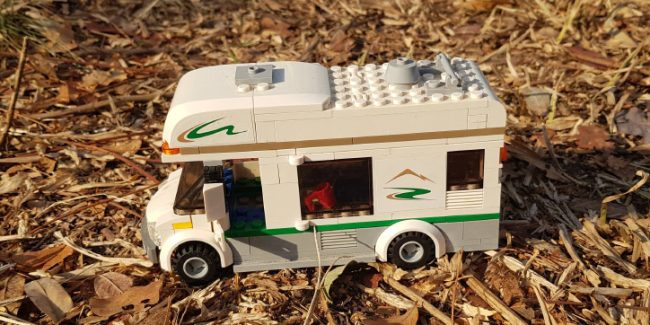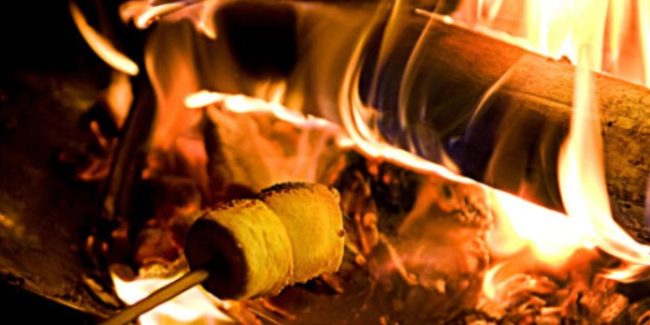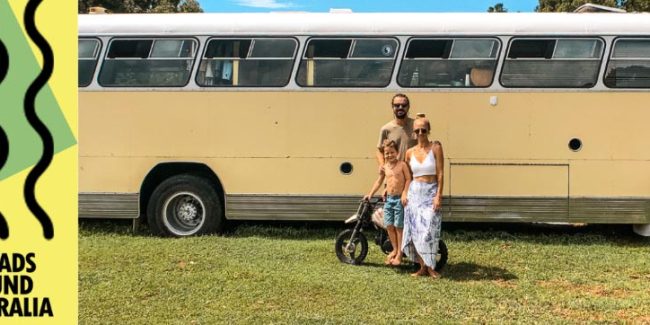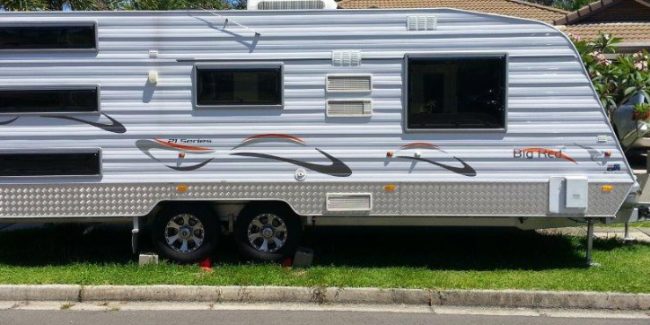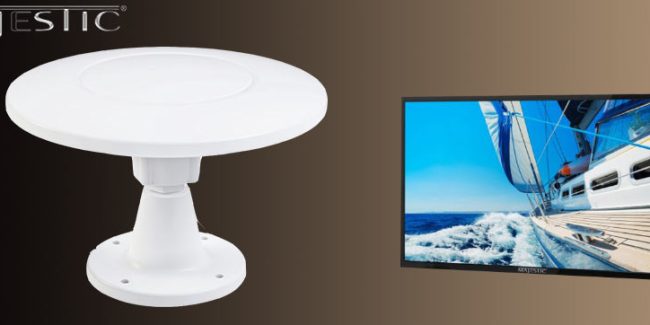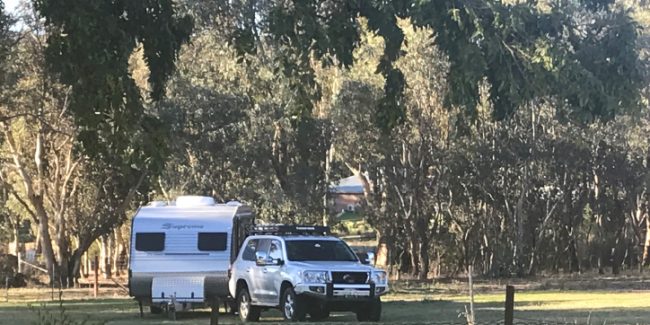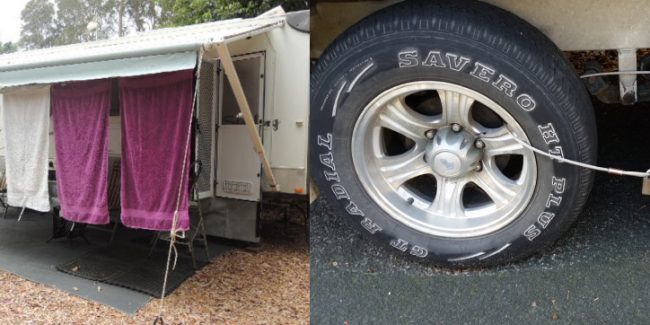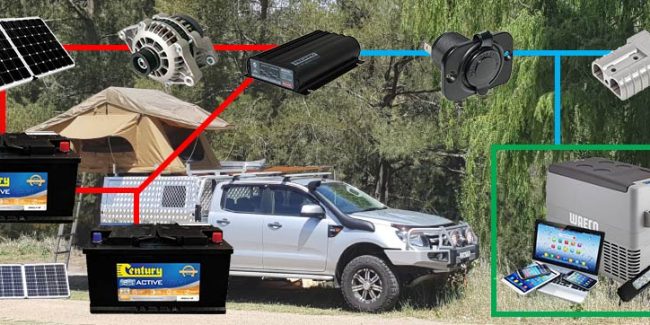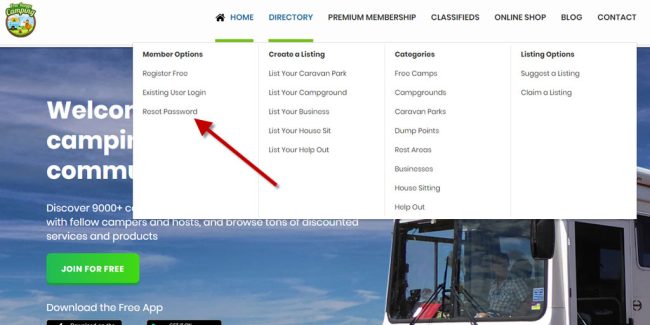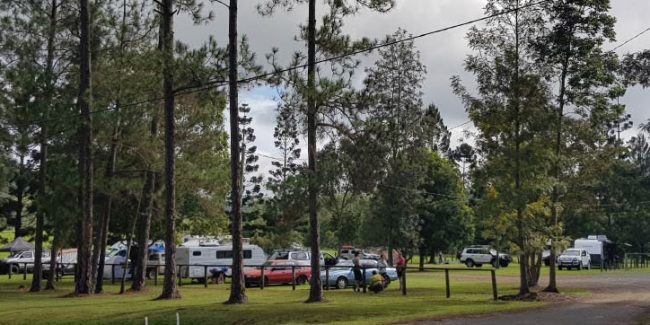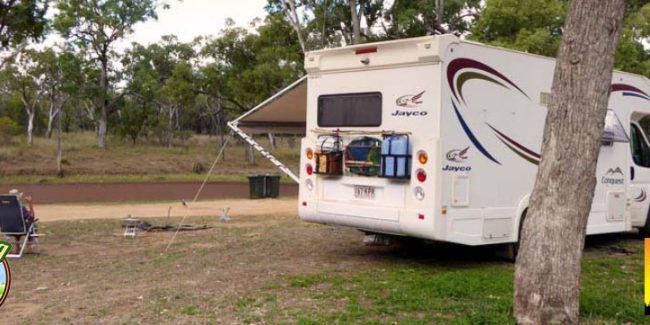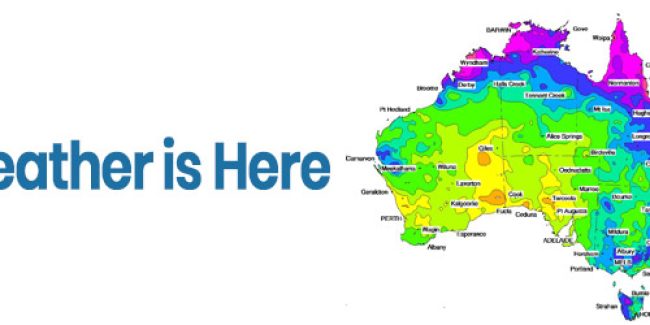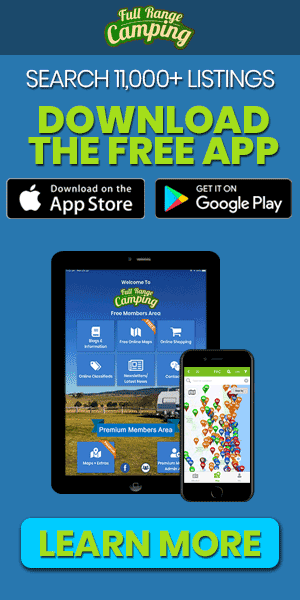In this article from Set to Camp, we take a closer look at some camping tips for beginners for an unforgettable adventure.
First impressions count, so don’t make your first camping trip your last.
My first camping trip isn’t so memorable, but I wince when I cast my mind back to my first day of snow skiing! I was ill-prepared in many ways. At the end of the day, exhausted, cold, bruised, blistered, and deliriously searching high and low in the wrong car park for our car, I would have happily retreated home, never to return. With the weekend booked and scheduled lesson for the following day, to my great surprise it, and I did eventually improve.
Likewise, a poorly planned and equipped early camping experience can really turn people off camping who might have otherwise really enjoyed it. First impressions are important, especially when you are also juggling the demands of children as well, so don’t make your first camping trip your last. Here are our camping tips for beginners:
In general
1: Properly equip yourself for camping
It sounds obvious, but the better equipped you are for anything, the easier and more rewarding it will be, whether you are snow skiing, cooking, or in our case, camping. Beginners don’t need a complicated or high-end setup, just a functional one that serves your requirements. The problem is, beginner campers typically accumulate their camping gear over time and in a random fashion, and don’t necessarily start out with everything they need.
When equipping yourself for camping:
– Go for a basic setup instead of overly complicating your initial camping setup to the point where you are not only acclimatising yourself to the basics of camping but also dealing with the complexities of high-tech gear. As long as your camping setup is well equipped to fulfill the basic camping functions, you don’t need all of the bells and whistles. For more on your camping setup, go to our camping setup for beginners article.
– Buy durable and long lasting gear, and avoid the cheap bargain buys you see in department stores, especially in relation to your tent, shelter, and sleeping gear. They are generally not of good quality or reliable, and may not last the distance. If cost is an issue, try to borrow gear from someone until your finances permit. You may also buy second hand rather than settling for something cheaper and less reliable. For more cost saving ideas, check out our article on keeping your camping costs down.
– Stay warm and dry by packing light, waterproof, outer layer (raincoat or rain poncho) for each person. Include a lightweight thermal underwear, even if not apparently necessary according to the forecast. The weather is unpredictable and being cold and wet can really turn people off camping. At the end of the day, it’s better to be safe than sorry. You can read more about this in our clothing section.
– Sleep well by packing comfortable and good quality bedding (or for fussy sleepers, as comfortable as possible). Also a lightweight fleece blanket for extra warmth in bed and around camp at night. Avoid the cheap inflatable air-beds / lilo’s – they need to be insulated from the cold air within and they are notorious leakers! You can read more about this in our sleeping section.
– Check the relevant section in our camping setup. This is for our advice and suggestions before you buy any particular item for a camping trailer.
2: Choose established campgrounds
Beginner skiers don’t start out on the black runs, and nor should beginner campers embark on camping expeditions to remote areas that require a high level of self-sufficiency.
– Stay in campgrounds with facilities: Your first camping experience can be improved by staying at established campgrounds with facilities. Examples are showers, toilets, a camp kitchen, kiosk or general store, access to ice, and activities for the kids. You can then focus on the camping basics knowing you have backup cooking facilities and access to supplies. You also won’t need to worry about how to DIY a shower and toilet.
– Book a powered site: Many established campgrounds also offer mains electricity on powered sites which negates the need to equip yourself with your own power source. If you do choose a powered site, we definitely recommend using it only to power your important devices. Examples are refrigeration (if you have a camp fridge), USB-charged lights, electronic devices, and smaller power banks. Bulky electric kettles and toasters etc. should be left at home in favour of your camp cooker.
3: Avoid bad weather
There’s no shame in deferring or calling off a camping trip, or altering your departure date due to a bad weather forecast. In fact, you will find even experienced campers aren’t too proud to alter their plans at the sign of inclement weather. Being cold and wet isn’t much fun, nor is setting up and packing up camp in the pouring rain or drying out soaking wet camping gear at home. These really are the types of issues that can put someone off camping for life.
4: Travel with more experienced campers
Travelling with more experienced campers can provide you with support to deal with some of the trickier aspects of camping. Even if there is that extra pair of experienced hands nearby, always try to resolve your issues yourself before you take the easy way out by seeking help. The more you can do yourself, the less reliance you will have on others, and the sooner you can camp independently.
5: Test beforehand
It’s not much fun when you realise on the morning of departure day that your camping gear doesn’t fit in your car. Or that newly purchased camp cooker is missing a key fitting just as you are about to start cooking dinner. To avoid surprises:
– Test your gear at home before you leave to familiarise yourself with how it is set up and used. Make sure also you have all of the pieces and required tools.
– Pack your car for camping in advance of your trip to ensure that everything and more importantly everyone can travel safely to and from the campsite.
– Have an overnight trial run in your back yard, or even at a nearby campsite where you can also run through the campsite set up as well as the pack up processes.
During the test, take notes and photos of your car packing progress. It is to act as a reminder for the next time. Allocate specific tasks to others in your camping party can also help to spread the workload. Ensure also that everyone is on the same page and there are no surprises (or excuses).
6: Stay close to home
First time family campers could test the waters with their camping setup by staying close to home. If you forget something you can easily pop back to get it. At the end of the day, if it’s a complete disaster, you don’t have very far to retreat home. If that is the case, rather than give up on camping altogether, think about how you could learn from your mistakes to avoid a repeat next time.
Before you leave home
7: Get organised and plan your trip
Good planning and preparation for a camping trip can really be the difference between a happy and fulfilling camping experience and one that leaves much to be desired. Once you have decided to test the camping waters, develop a packing checklist of the items you will take with you camping so that you won’t forget anything. Even with short notice, take the time to work through the various tasks you need to attend to before you leave, such as those listed in our steps to preparing for camping article.
8: Allow plenty of time
While allowing plenty of time is important generally, it is all the more so for beginner campers. A so-called “15 minute meal” never takes 15 minutes to cook on the first go (in my experience anyway). Nor will a beginner camper work through the various camping processes as quickly as someone more experienced and practiced.
Setting up your campsite in the daylight, from start to finish, and at a leisurely pace to minimise frustrations, is important. Everything will invariably take longer than you think. In scheduling your time in those early days, allow for the following:
– Packing and loading your car – 1 to 2 hours.
– Travelling to the campsite, including rest stops and time for contingencies – as required.
– Allow at least 30 minutes checking in, locating the site, and deciding on how you will configure your campsite. Aim to arrive as close to check-in time as possible.
– Setting up camp – 1 to 2 hours.
Likewise, on departure day, packing up a camp can take as long, if not longer, than the set up. A 10am checkout time might seem generous, but not when you need to shower, eat your breakfast, pack up all of your gear and then pack and load your car. If you have limited time, start the packing process early. Even the night before, skip a morning shower and either pre-pack a simple breakfast or eat on the road.
9: Plan your meals
An important aspect of camping is the meal planning. When planning your menu:
– Check out the local restaurants and take away cafes to take the pressure off the camp kitchen.
– Establish a simple meal plan of familiar dishes that everyone will enjoy and look forward to. Make sure you can either bring the ingredients with you or easily source them at your location.
– Prepare a frozen meal at home for dinner on the first or second night. Spaghetti bolognaise is our personal default meal.
At the campsite
10: Plan your campsite configuration
The difference between a good and bad camping experience can be as simple as how you choose your campsite and configure it, and whether you’ve pitched your tent in the wrong spot. You might not need to relocate if you have incorrectly oriented the tent in relation to the sun and shade. But if you stand back to admire your work and discover a dangerously loose hanging tree limb hovering above your tent, that is a different story.
Before you start pitching your tent, think about how you could best configure the campsite. Take full advantage of its features as well as to avoid any inherent hazards.
11: Keep your campsite organised
Something that could benefit all campers, keep your campsite organised. Identify a place for everything and returning it when it is not in use. Even though being trailer free we don’t have a lot of camping “stuff”, and we don’t have many places to put it, without a system things can frustratingly go missing just when you need them.
And finally
12: Manage expectations
Camping isn’t always fun, even for the experienced camper. In fact, it can be downright frustrating. You will naturally go through teething problems as you enter an unfamiliar environment. Learn new procedures, use new products, and respond to new challenges.
Don’t expect miracles in those early days of camping, especially when camping with children. Try to stay calm if something doesn’t go your way. If you find you aren’t feeling the love for camping, stick it out for a few subsequent trips before you decide. It might help you to re-read through our benefits of camping article before you give up altogether – as you will see, the benefits are numerous and it’s definitely worth persisting with.
Original article courtesy of Set to Camp. Set to Camp specialise on information for trailer free camping. For those that just want to camp with their tent or from their vehicle. For more information from Set to Camp, you can see our other feature stories, or head on over to their website: Set to Camp


